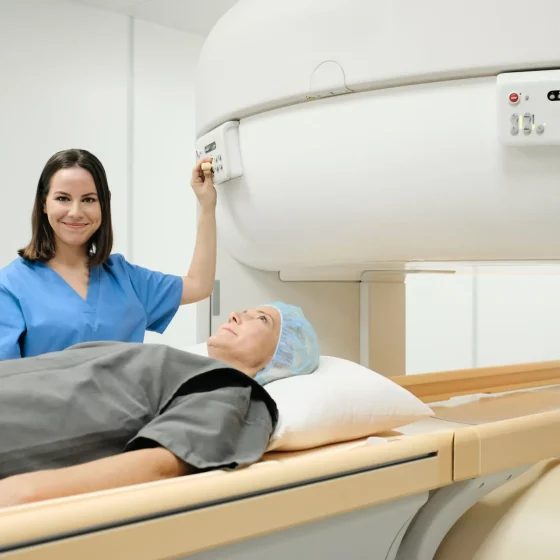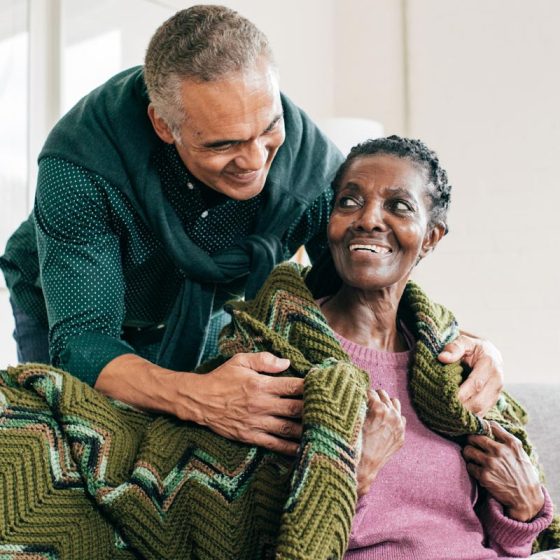Tests used in diagnosing dementia
Personal history A doctor may talk to the person about their medical history and gather information about any changes in their memory and thinking. Due to the progressive nature of the disease, it is usually helpful to have someone close to the person affected also help with the taking of their personal history. The doctor may at this time suggest a simple cognitive test (see below). There are also several other types of test they can do to help diagnose dementia. Physical examination A doctor may examine the person for any physical causes of their symptoms. Neurological examination This will











